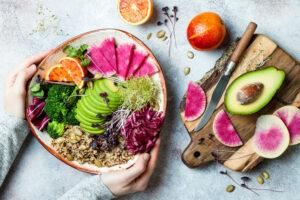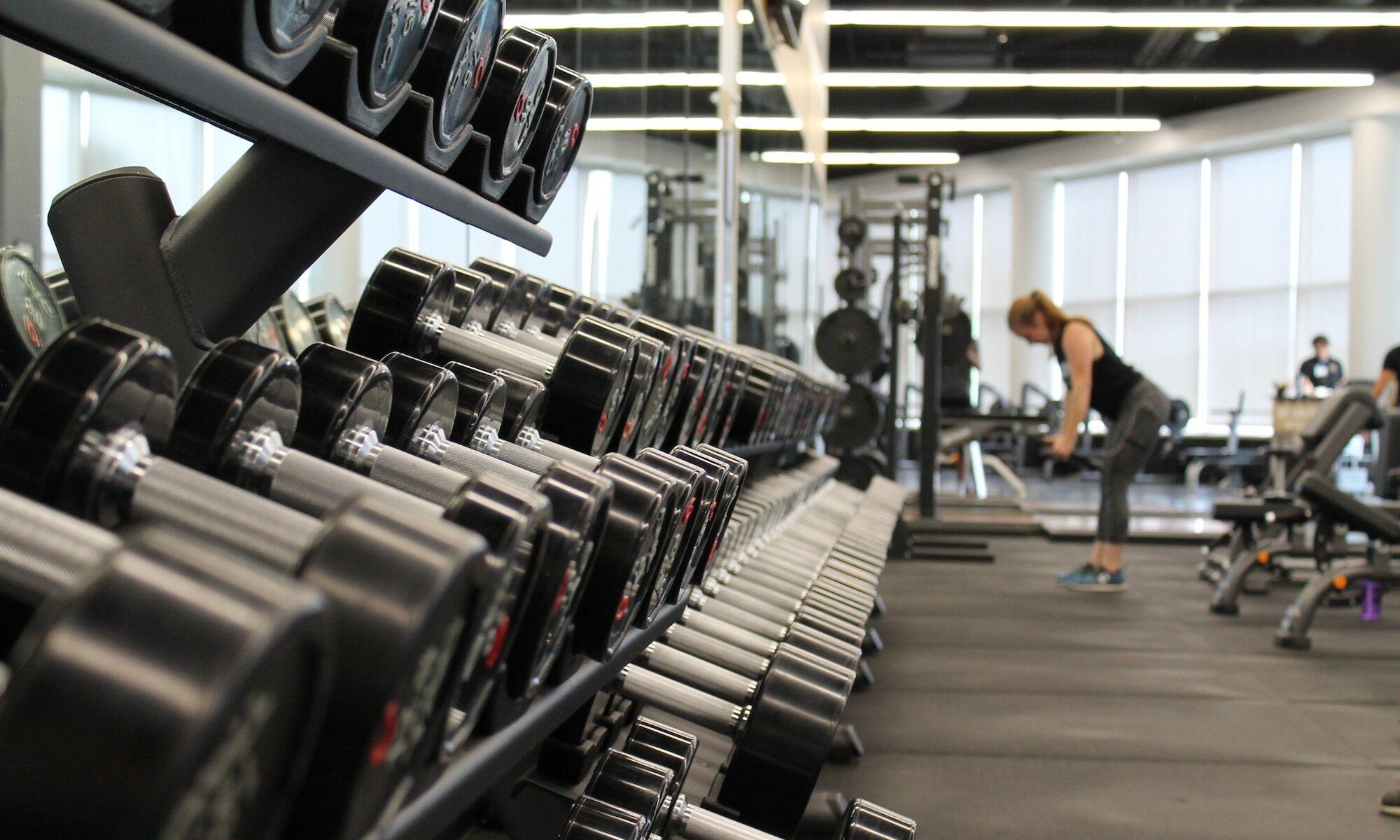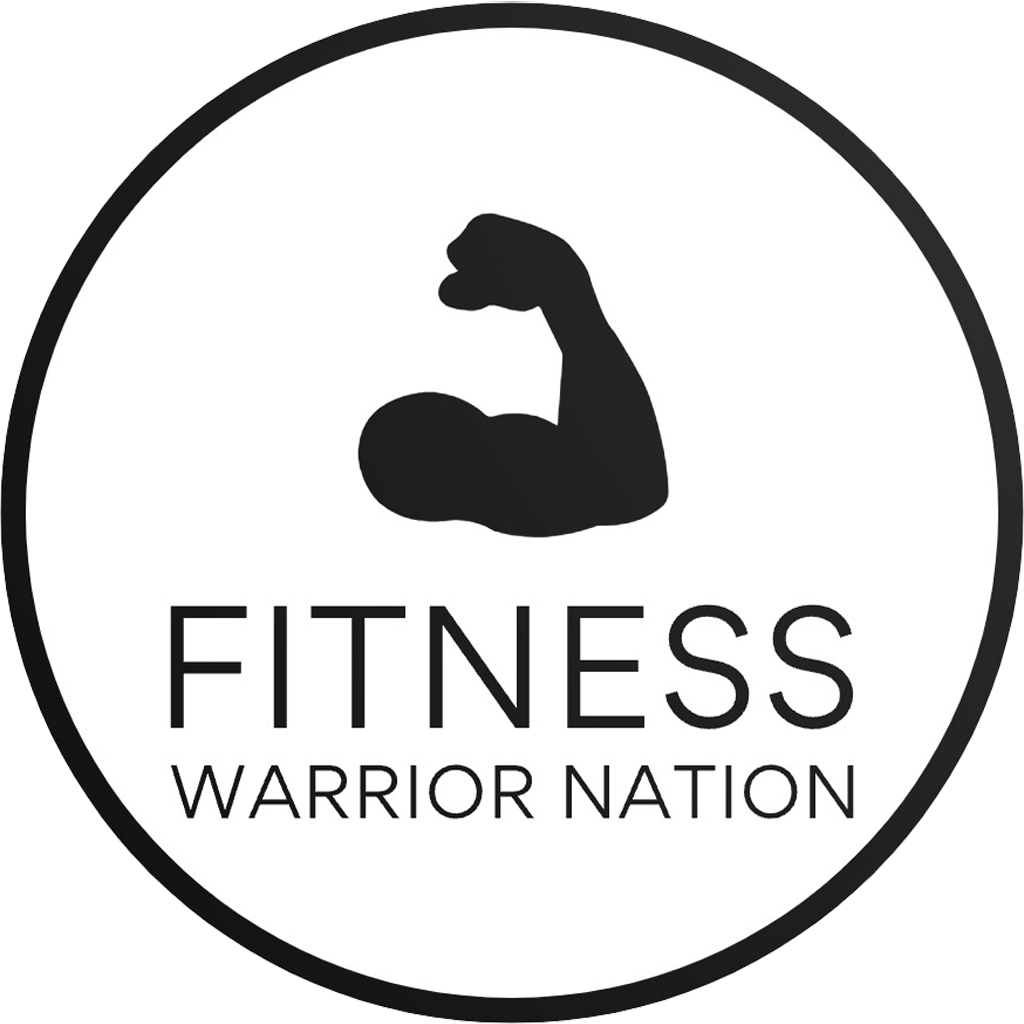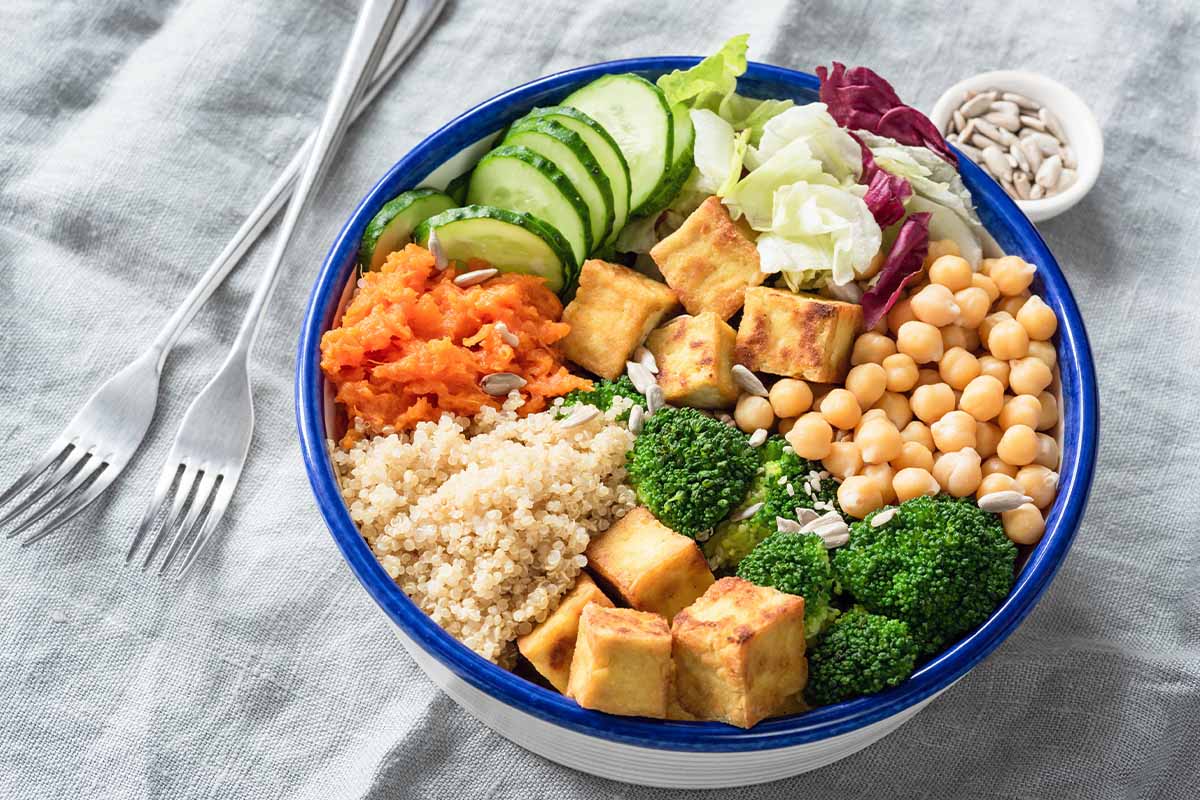Discover the secrets to achieving optimal nutrition on a vegan diet. From debunking misconceptions to highlighting plant-based protein sources, this guide has you covered. Embark on a journey towards a healthier you!
Are you curious about how to maintain a balanced and nutritious diet while embracing a vegan lifestyle? Look no further! In this article, we will explore the ins and outs of thriving on a vegan diet, providing you with all the essential nutrients needed to support your wellbeing. From debunking common misconceptions to highlighting delicious plant-based sources of protein, vitamins, and minerals, we’ve got you covered. So, get ready to embark on a journey towards a healthier you as we uncover the secrets to achieving optimal nutrition on a vegan diet.
Vegan Diets and Fitness: How to Get Your Nutrients
In recent years, vegan diets have gained popularity for their numerous health benefits, including sustainable weight loss, improved heart health, and reduced risk of chronic diseases. However, one concern that many individuals have when considering a vegan lifestyle is whether they can meet their nutritional needs while maintaining an active and fit lifestyle. Fortunately, with proper planning and attention to key nutrients, it is absolutely possible to thrive on a vegan diet and achieve your fitness goals. In this article, we will explore the essential nutrients for vegans and provide practical tips on how to ensure you are getting everything your body needs to stay strong and healthy.
Understanding a Vegan Diet
Before we delve into the details of meeting your nutrient needs on a vegan diet, it’s important to have a clear understanding of what a vegan lifestyle entails. A vegan diet excludes all animal products, including meat, poultry, fish, dairy, eggs, and honey. Instead, vegans rely on a diverse range of plant-based foods to meet their nutritional requirements.
Importance of Balanced Nutrition
Regardless of your dietary preferences, balanced nutrition is key to overall health and well-being. A well-balanced diet should provide adequate amounts of macronutrients (carbohydrates, proteins, and fats) as well as a variety of vitamins and minerals. For vegans, achieving a balanced diet is crucial for meeting specific nutritional needs that may require a bit more attention.
Meeting Caloric Needs
Maintaining adequate caloric intake is essential for anyone, but especially for those who engage in regular physical activity. The energy you consume determines your ability to perform at your best and stay active. To meet your caloric needs on a vegan diet, focus on incorporating high-calorie plant-based foods into your meals and snacks. Avocados, nuts and seeds, coconut milk, and whole grain products are all excellent options for boosting your calorie intake while still providing essential nutrients.
Protein Sources
Protein is a vital nutrient for muscle repair, growth, and strength. Many people associate protein with animal products, but there are plenty of plant-based sources that can provide all the essential amino acids your body needs. Legumes and pulses, such as lentils, chickpeas, and beans, are excellent sources of protein and can be easily incorporated into various dishes. Soy products, including tofu and tempeh, are also rich in protein and can be a delicious addition to your meals. Quinoa and other ancient grains, as well as nuts and seeds, are also great options to meet your protein needs.
Essential Amino Acids
Amino acids are the building blocks of proteins, and there are nine essential amino acids that the body cannot produce on its own. It is important for vegans to ensure they are getting all the essential amino acids through a combination of plant-based protein sources. By combining different protein-rich foods throughout the day, you can easily achieve a complete amino acid profile. For example, pairing beans with rice, tofu with quinoa, or combining lentils with whole wheat bread are all effective ways to obtain all the essential amino acids.

Getting Enough Iron
Iron is a critical nutrient for oxygen transport in the body and plays a key role in energy production. While it is commonly associated with animal products, it is entirely possible to meet your iron needs on a vegan diet. Plant-based iron sources include leafy green vegetables like spinach and kale, lentils and other legumes, quinoa and whole grains, as well as dried fruits and nuts. Additionally, there are iron-fortified foods and supplements available for those who may need additional support.
Calcium and Vitamin D
Calcium is vital for maintaining healthy bones and teeth, while vitamin D aids in calcium absorption. While dairy is a common source of these nutrients, vegans can obtain them from plant-based sources as well. Leafy green vegetables like broccoli and kale, as well as fortified plant-based milks and juices, are rich in calcium. Vitamin D can be obtained through sun exposure, but it may be beneficial to consider a vitamin D supplement, especially if you live in an area with limited sunlight.
Optimizing Omega-3 Intake
Omega-3 fatty acids are essential for brain health, reducing inflammation, and supporting heart health. While fish is often regarded as the primary source of omega-3s, vegans can obtain these essential fats from plant-based sources like flaxseeds, chia seeds, hemp seeds, and walnuts. It is important to include these foods regularly in your diet to ensure you are meeting your omega-3 needs.
Healthy Fat Sources
While some individuals may shy away from fats, they are an important component of a healthy diet. Fats provide energy, aid in nutrient absorption, and support brain function. Plant-based fats can be found in avocados, nuts, seeds, and oils like olive, coconut, and flaxseed oil. Including these healthy fat sources in moderation can contribute to a well-rounded and nutrient-dense vegan diet.
Full Spectrum of Vitamins and Minerals
In addition to the specific nutrients mentioned above, a vegan diet should aim to provide a full spectrum of vitamins and minerals. B vitamins, such as B12, can be obtained through fortified foods or supplements, as they are primarily found in animal products. Vitamin C is abundant in fruits and vegetables, and vitamin E can be obtained from nuts, seeds, and plant-based oils. Minerals like magnesium, zinc, iodine, and selenium can be found in a variety of plant-based foods, but it is always a good idea to consult with a healthcare professional or registered dietitian to ensure you are meeting your individual needs.
By incorporating a wide variety of plant-based foods into your daily diet, focusing on nutrient-dense options, and ensuring proper supplementation if needed, you can meet all of your nutritional needs on a vegan diet. Don’t be afraid to experiment with new recipes and flavors, and remember that balance and moderation are key. With a little bit of planning and some creativity in the kitchen, you can enjoy a fit and healthy lifestyle on a vegan diet.


